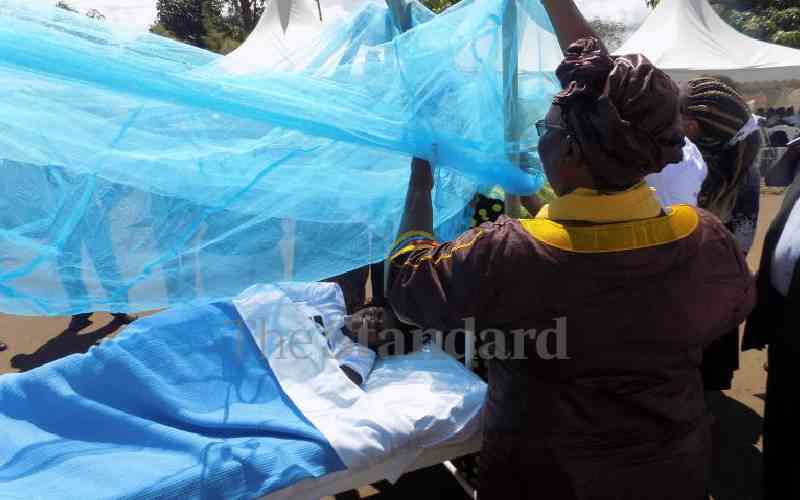
With the onset of the rainy season this month, the spectre of malaria is set to return to communities, bringing with it an upsurge in disease cases, hospital admissions, school and work absenteeism, household costs and in some cases death.
Malaria is one of humankind's oldest and deadliest diseases, stealing young futures and diminishing both national and individual potential. Fighting it has led to some of the greatest strides in global health in history and yet, today, a child still dies from malaria every minute, and over half of the world's population remains at risk from this treatable and preventable disease.